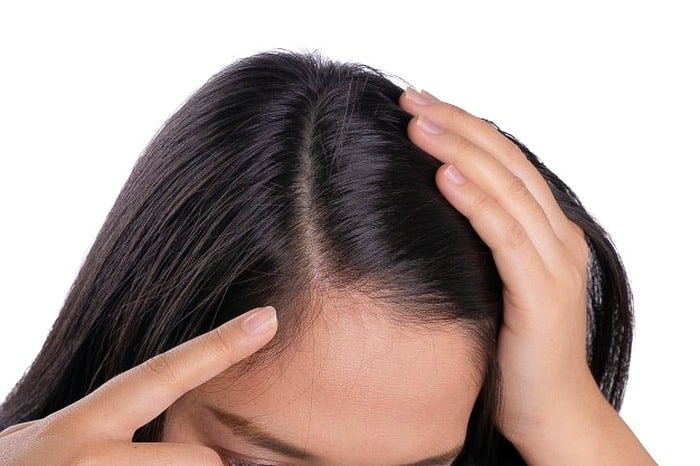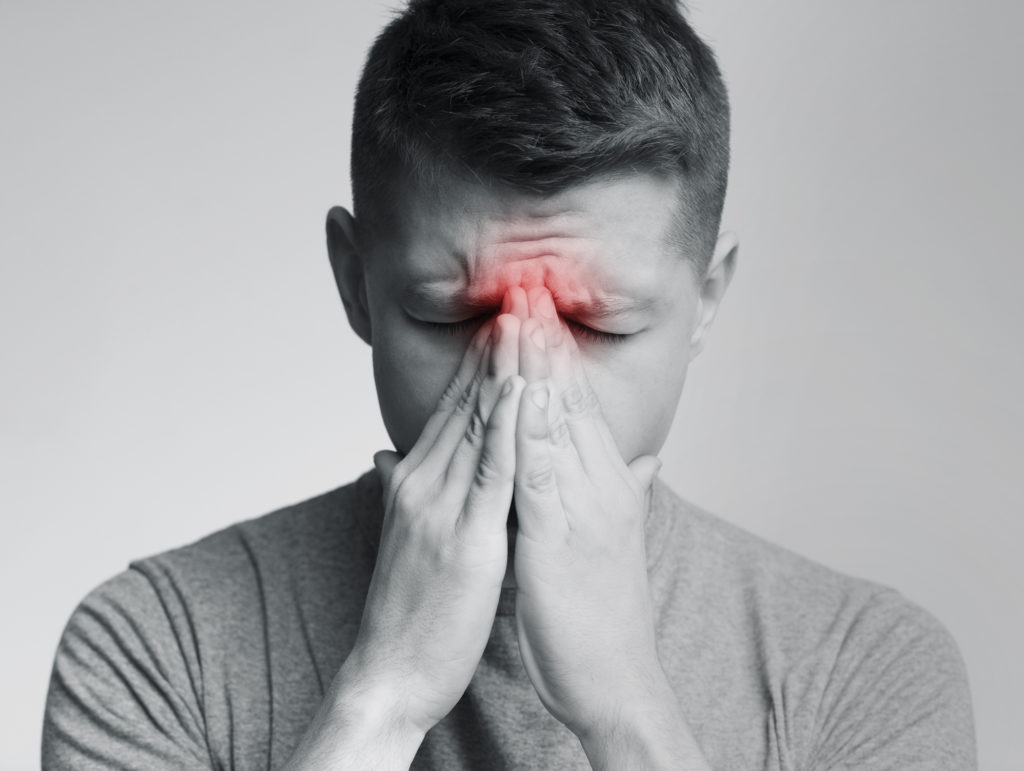vitamin b hair loss – Vitamin B is a group of essential vitamins that play important roles in various bodily functions, including hair growth and maintenance. While there is limited research available on the specific relationship between vitamin B and hair loss, there is evidence to suggest that adequate vitamin B intake can help support healthy hair growth and prevent hair loss. In this essay, we will explore the various B vitamins and their potential impact on hair loss, as well as the best sources and recommended intake levels for these essential nutrients.

The B vitamins involved in hair growth and health include Biotin (B7), Folic Acid (B9), and Vitamin B12. Biotin is an important nutrient for hair health, as it helps to produce keratin, a protein that makes up the hair, skin, and nails. Biotin deficiencies can lead to hair loss, brittle nails, and dry skin. Folic acid is also important for hair health, as it helps to produce red blood cells, which are responsible for carrying oxygen and nutrients to the hair follicles. Vitamin B12 is crucial for cell division and DNA synthesis, both of which are important for healthy hair growth.
While there is limited research available on the specific relationship between vitamin B and hair loss, studies have shown that adequate vitamin B intake can help support healthy hair growth and prevent hair loss. For example, a study published in the Journal of Dermatology found that supplementing with biotin and other B vitamins improved hair thickness and reduced hair loss in individuals with biotin deficiencies. Another study found that individuals with low levels of vitamin B12 experienced more hair loss compared to those with adequate vitamin B12 levels.
There are several dietary sources of vitamin B that can help support healthy hair growth and prevent hair loss. Biotin-rich foods include eggs, nuts, seeds, and leafy green vegetables. Folic acid can be found in dark, leafy greens, as well as legumes, grains, and citrus fruits. Vitamin B12 is primarily found in animal-based foods, such as meat, poultry, fish, and dairy products. For individuals who are vegetarian or vegan, fortified plant-based milks and breakfast cereals can provide a good source of vitamin B12.
In terms of recommended intake levels, the National Institutes of Health (NIH) recommends the following daily doses of B vitamins for adults:
- Biotin: 30 micrograms
- Folic acid: 400 micrograms
- Vitamin B12: 2.4 micrograms
It is important to note that while taking vitamin B supplements can help support healthy hair growth and prevent hair loss, it is also important to take a balanced approach to vitamin B intake. Overloading on B vitamins can lead to an imbalance of other important nutrients and cause health problems. Additionally, hair loss can be caused by a variety of factors, including stress, genetics, and hormonal imbalances, so it is important to consult a healthcare provider if you are experiencing significant hair loss or have concerns about your hair health.
In conclusion, vitamin B is an essential group of vitamins that play important roles in hair growth and maintenance. While there is limited research available on the specific relationship between vitamin B and hair loss, adequate vitamin B intake can help support healthy hair growth and prevent hair loss. By incorporating vitamin B-rich foods into your diet, as well as potentially supplementing with B vitamins, individuals can support their overall hair health and prevent deficiencies that may lead to hair loss. It is important to work with a healthcare provider to determine the best approach to vitamin B intake, as well as to address any other underlying causes of hair loss.
In addition to a balanced diet, there are other lifestyle changes that can help support hair health and prevent hair loss. For example, managing stress through exercise, meditation, or other stress-management techniques can help reduce hair loss caused by stress. Proper hair care, including using gentle hair care products and avoiding heat styling tools, can also help prevent hair damage and hair loss. Additionally, getting regular scalp massages and hair treatments can help improve blood flow to the hair follicles and support healthy hair growth.
It is also important to keep in mind that while vitamin is important for hair health, it is not a cure-all for hair loss. In cases of severe hair loss or other hair problems, it is important to seek medical advice from a dermatologist or other medical professional. In some cases, hair loss may be caused by underlying medical conditions, such as thyroid disorders, anemia, or autoimmune diseases, and treating these conditions may be necessary to resolve hair loss.
adequate vitamin intake can help support hair health and prevent hair loss. By incorporating vitamin B-rich foods into your diet, as well as potentially supplementing with B vitamins, individuals can help support their hair health and prevent deficiencies that may lead to hair loss. It is also important to consider other lifestyle changes and to seek medical advice if necessary, as hair loss can be caused by a variety of factors and requires a holistic approach to treatment and prevention.


